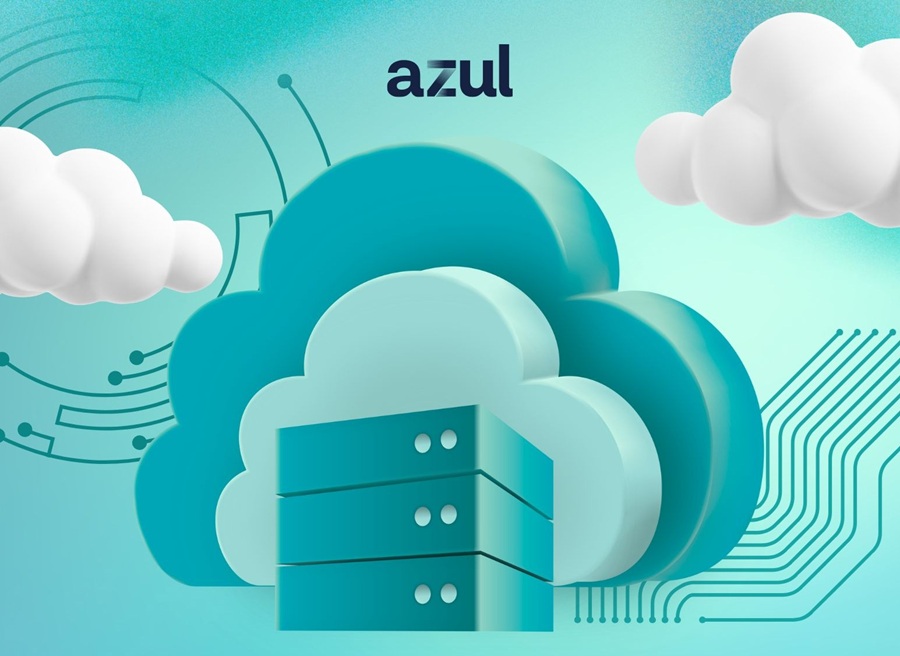AppNeta has successfully passed its System and Organization Controls (SOC) 2 Type 2 Examination for its product, AppNeta Performance Manager.
As a testament to AppNeta’s commitment to security, compliance, and operational control, independent service auditor A-LIGN concluded that AppNeta’s service controls more than meet the SOC 2 Type 2 standards.
The SOC 2 examinations are based on the principles and criteria established by The American Institute of Certified Public Accountants (AICPA). SOC 2 examines many aspects of AppNeta’s service operations, including security and access controls, business continuity, risk management, system operations, change management, and organization and management practices.
Users of SaaS offerings are increasingly relying on SOC 2 assessments for independent assurance that service providers are employing industry-accepted information security best practices, and assurance that they can rely on the provider’s SaaS application. AppNeta is able to demonstrate its commitment to safeguarding customer information, and to further validate our security framework by successfully completing SOC 2 Type 2 examination after acing SOC 2 Type 1.
“SaaS adoption has never been higher in the enterprise space, which means large organizations are depending on third parties now more than ever to safely and securely handle huge amounts of network data,” said AppNeta CEO Matt Stevens. “By hitting it out of the park with our SOC 2 Type 2 examination, we demonstrate to our customers, partners, and prospects that we’re leaving no stone unturned in ensuring we deliver a secure and reliable monitoring solution for any kind of network.”
The Latest
Overall outage frequency and the general level of reported severity continue to decline, according to the Outage Analysis 2025 from Uptime Institute. However, cyber security incidents are on the rise and often have severe, lasting impacts ...
In March, New Relic published the State of Observability for Media and Entertainment Report to share insights, data, and analysis into the adoption and business value of observability across the media and entertainment industry. Here are six key takeaways from the report ...
Regardless of their scale, business decisions often take time, effort, and a lot of back-and-forth discussion to reach any sort of actionable conclusion ... Any means of streamlining this process and getting from complex problems to optimal solutions more efficiently and reliably is key. How can organizations optimize their decision-making to save time and reduce excess effort from those involved? ...
As enterprises accelerate their cloud adoption strategies, CIOs are routinely exceeding their cloud budgets — a concern that's about to face additional pressure from an unexpected direction: uncertainty over semiconductor tariffs. The CIO Cloud Trends Survey & Report from Azul reveals the extent continued cloud investment despite cost overruns, and how organizations are attempting to bring spending under control ...

According to Auvik's 2025 IT Trends Report, 60% of IT professionals feel at least moderately burned out on the job, with 43% stating that their workload is contributing to work stress. At the same time, many IT professionals are naming AI and machine learning as key areas they'd most like to upskill ...
Businesses that face downtime or outages risk financial and reputational damage, as well as reducing partner, shareholder, and customer trust. One of the major challenges that enterprises face is implementing a robust business continuity plan. What's the solution? The answer may lie in disaster recovery tactics such as truly immutable storage and regular disaster recovery testing ...
IT spending is expected to jump nearly 10% in 2025, and organizations are now facing pressure to manage costs without slowing down critical functions like observability. To meet the challenge, leaders are turning to smarter, more cost effective business strategies. Enter stage right: OpenTelemetry, the missing piece of the puzzle that is no longer just an option but rather a strategic advantage ...
Amidst the threat of cyberhacks and data breaches, companies install several security measures to keep their business safely afloat. These measures aim to protect businesses, employees, and crucial data. Yet, employees perceive them as burdensome. Frustrated with complex logins, slow access, and constant security checks, workers decide to completely bypass all security set-ups ...

In MEAN TIME TO INSIGHT Episode 13, Shamus McGillicuddy, VP of Research, Network Infrastructure and Operations, at EMA discusses hybrid multi-cloud networking strategy ...
In high-traffic environments, the sheer volume and unpredictable nature of network incidents can quickly overwhelm even the most skilled teams, hindering their ability to react swiftly and effectively, potentially impacting service availability and overall business performance. This is where closed-loop remediation comes into the picture: an IT management concept designed to address the escalating complexity of modern networks ...
